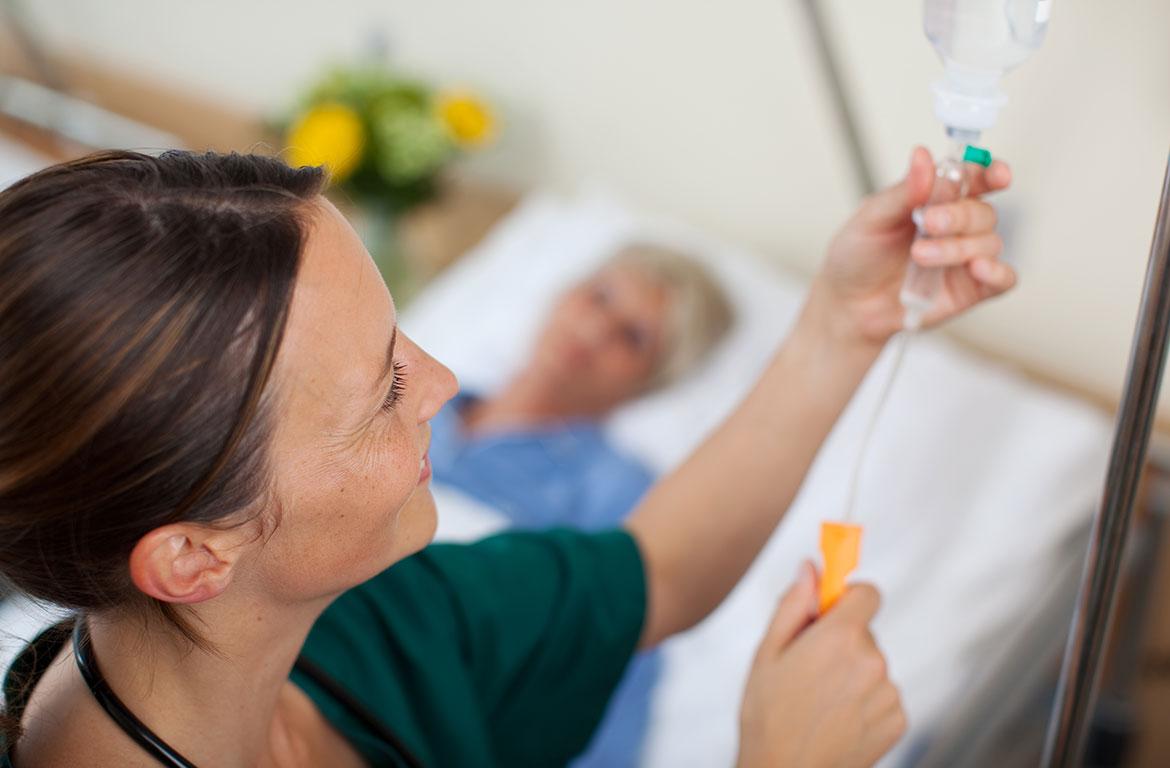NASHVILLE, Tenn. (CLARKSVILLENOW)- Vanderbilt University Medical Center (VUMC) is teaming up with academic, governmental and corporate partners in an unprecedented, fast-tracked global effort to develop antibody-based treatments to protect people exposed to the 2019 novel coronavirus disease, COVID-19.
Researchers from the Vanderbilt Vaccine Center (VVC) have rapidly responded to this outbreak by building a comprehensive “toolkit” to identify and analyze antibodies isolated from the blood of survivors for their ability to neutralize SARS-CoV-2, the virus that causes COVID-19.
Thousands of antibodies that already have been identified by the VVC are now being analyzed for their ability to inhibit the virus and, more importantly, to prevent it from causing illness. The goal is to develop and manufacture the most promising lead antibodies in preparation for initiating clinical trials to test their efficacy in humans.
“Our goal is to prepare antibodies for human clinical trials by this summer,” said James Crowe, MD, director of the Vanderbilt Vaccine Center (VVC).
“We have ultra-rapid antibody discovery technologies and already have discovered SARS-CoV-2 antibodies,” Crowe said. “Our partners have the manufacturing and product development expertise to turn these antibodies into effective biological drugs very quickly.”
VVC researchers have developed techniques for rapidly isolating clones of antibody-producing white blood cells, called “B” cells, which produce antibodies targeting specific viral proteins. In the laboratory, these “monoclonal” antibodies are then comprehensively examined to identify those rare antibodies with a laser-like focus for finding — and neutralizing — a specific virus.
Resources at VUMC that enable the researchers to map antibody sequences and antibody specificities simultaneously and in a high throughput way include the Medical Center’s core genomics laboratory, Vanderbilt Technologies for Advanced Genomics (VANTAGE).
Using these techniques, they have generated human monoclonal antibodies against a wide range of pathogenic viruses including Ebola, chikungunya, HIV, dengue, norovirus and respiratory syncytial virus (RSV). They have pioneered the rational design of neutralizing antibody treatments and vaccines, some of which have progressed to clinical trials.
Major funding sources for the VVC include DARPA, the Defense Advanced Research Projects Agency of the U.S. Department of Defense (DoD) and the National Institute of Allergy and Infectious Disease, part of the National Institutes of Health.


